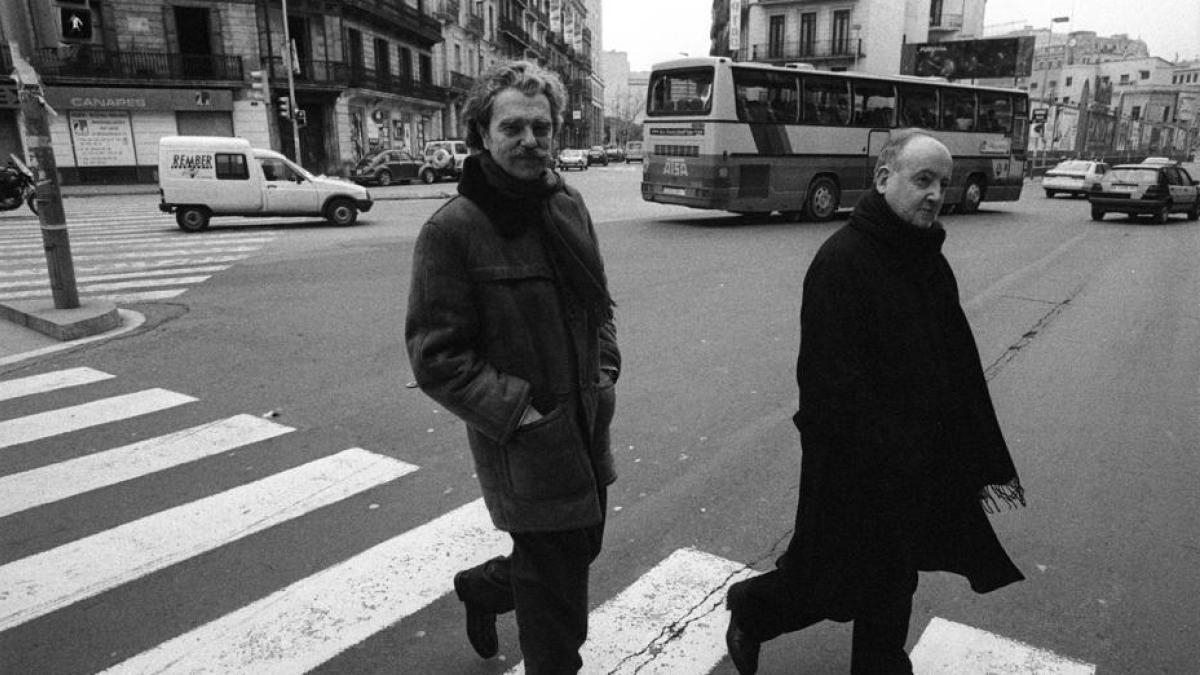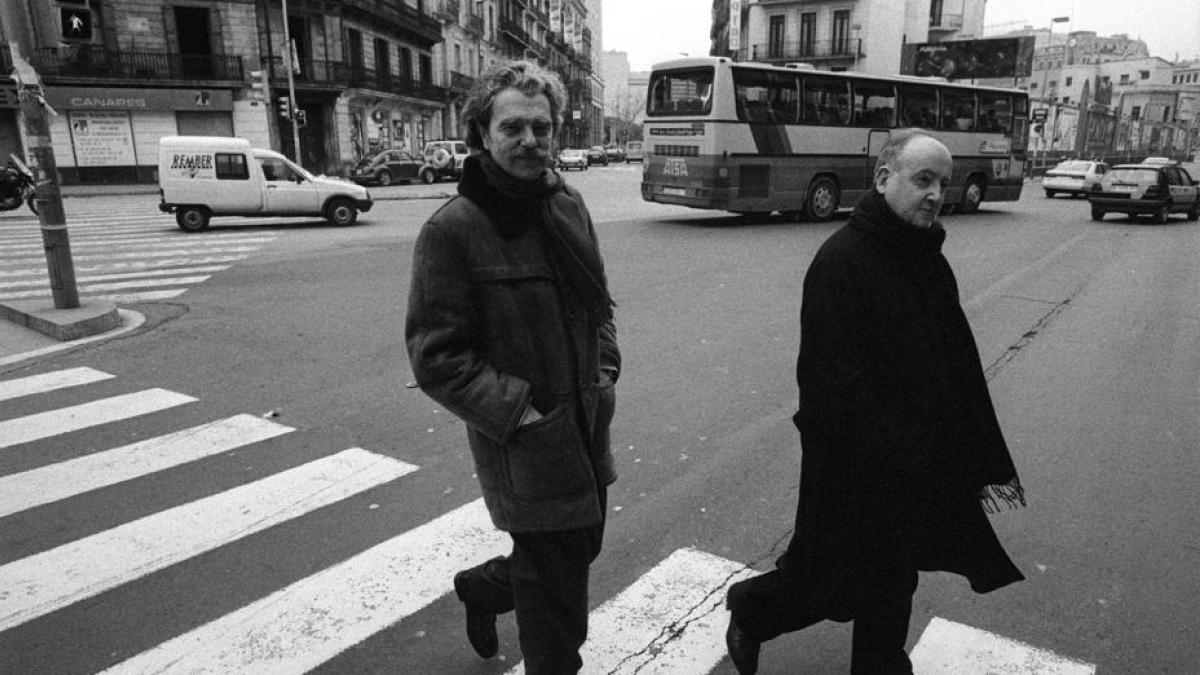Is it more progressive to be a pedestrian?

Translation often determines the tone of a novel. This is the case with The Walk by Swiss author Robert Walser, in the Siruela edition translated from German by Carlos Fortea. Whereas the opening line, "Ich teile mit..." could have been translated as "I hereby inform you that...", the translator opted for a more categorical expression: " I declare that one fine morning (the text continues), at what time I no longer know, I felt like taking a walk, so I placed my hat on my head, left the writing or spirit room, and went down the stairs to walk briskly out onto the street."
Every translation has its music and its meaning, like the one Teresa Vinardell Puig made for the Catalan version ( La passejada ) published in its day by the Flâneur publishing house: “ Faig saber que , a mig matí...”
But if we are going to refer to the famous Barcelona walks of Lluís Permanyer, who died on Thursday at the age of 86, it is undoubtedly more appropriate to base this article on the firmer and less bureaucratic option of Carlos Fortea: “I declare that one beautiful morning, as I felt like going for a walk...” The fact is that, without falling into arrogance, the unofficial chronicler of Barcelona gradually acquired throughout his career an authority that allowed him to affirm ( I declare ) more than to communicate ( it is made known that ).
Like Walser's protagonist, Permanyer was clothed with authority thanks to the walkA friend gave me Walser's little novel when I was already working at La Vanguardia and knew about Permanyer's famous daily walks through the beautiful Eixample, so, subconsciously, I always associated that prodigious first paragraph by the Swiss writer with the image of my editorial colleague determinedly crossing the threshold of his home on Casp Street, declaring, as if by chance, his willingness to face a new day.
I would even say that, slim and with a generous mane of hair, he evoked the also octogenarian Mick Jagger when he walked along the Barcelona sidewalks with the same determined gait that the singer still displays on stage.
Undoubtedly, part of the authority Permanyer earned was due to his habit of walking with his head held high. The journalist was one of the few people who still crossed the city without looking at his cell phone (there's no record of him owning one). This attitude, almost revolutionary in these times, allowed him to mentally gather data that he then processed in his articles.
Looking at things that no one else looks at anymore, such as the renovations that disfigure the original architecture, the poorly preserved sgraffito, the degradation of heritage, or the changes in the human landscape, gave him a clear advantage.
Lluís Permanyer crosses Pelai Street with Joan de Sagarra, in 1996
Pedro MadueñoIn some ways, and increasingly evidently, living life through screens ends up encapsulating us in tribal reserves that distance us ever further from the complex and unclassifiable reality. No matter how much resistance is put up, the algorithm ends up building a wall around the individual that separates them from people who don't think like them. Within these walls, the messages that resonate are the ones that individual deep down wants to hear.
Read alsoThat's why it's so subversive today to strive for honest, critical, and documented observation of the real world: to walk untrodden paths and, above all, to look for oneself, before being told what to look at.
In this scenario, we could ask ourselves whether it is more progressive to be a pedestrian exercising that curious Permanyer gaze than to go by car (aware of traffic), subway or bus (plugged into our mobile phone). The question may seem very naive to us today, but the more prisoners we are of our algorithmic selves , the more urgent it will be to recover the clear gaze of the walker and realize that the world is more diverse, complex and elusive than the one our favorite influencer shows us.
The article In praise of unimposed orderOne of the most unique articles published during his lifetime (he left 11 more) by Lluís Permanyer was entitled "Barcelona residents strolled in an unimposed order ," which appeared in La Vanguardia last August . In it, the columnist praised the spontaneous civility of our 19th-century ancestors who, faced with the narrowness of public space—specifically, Ferran Street—oped, without anyone ordering them to, to walk in perfect, democratic lines.
lavanguardia





